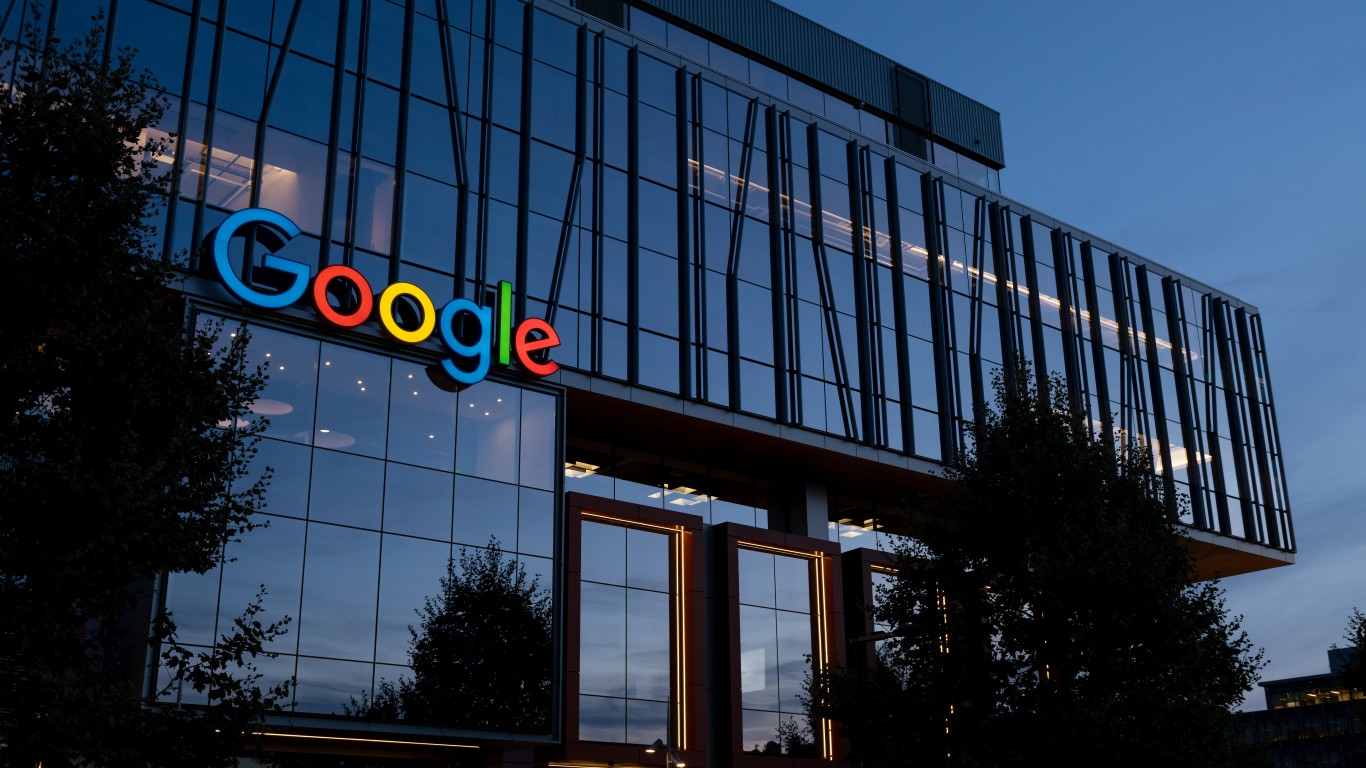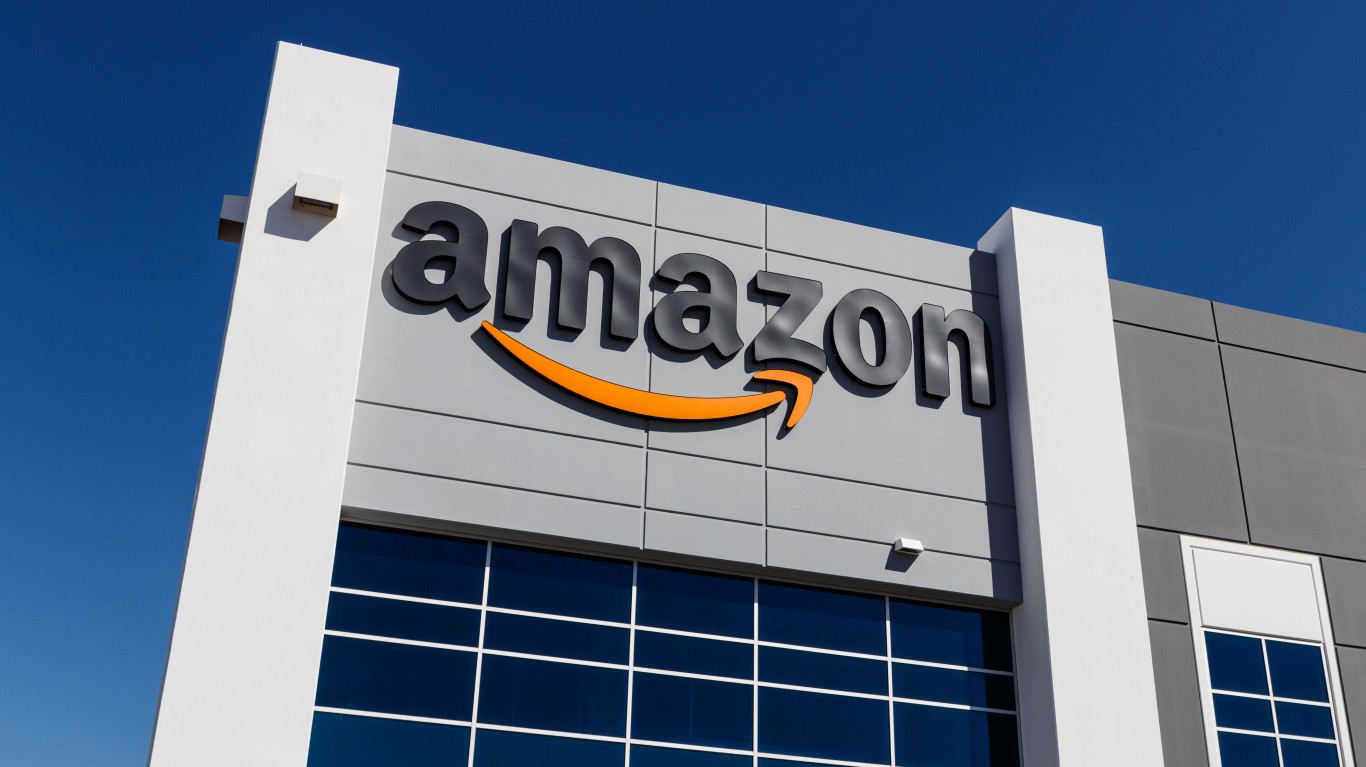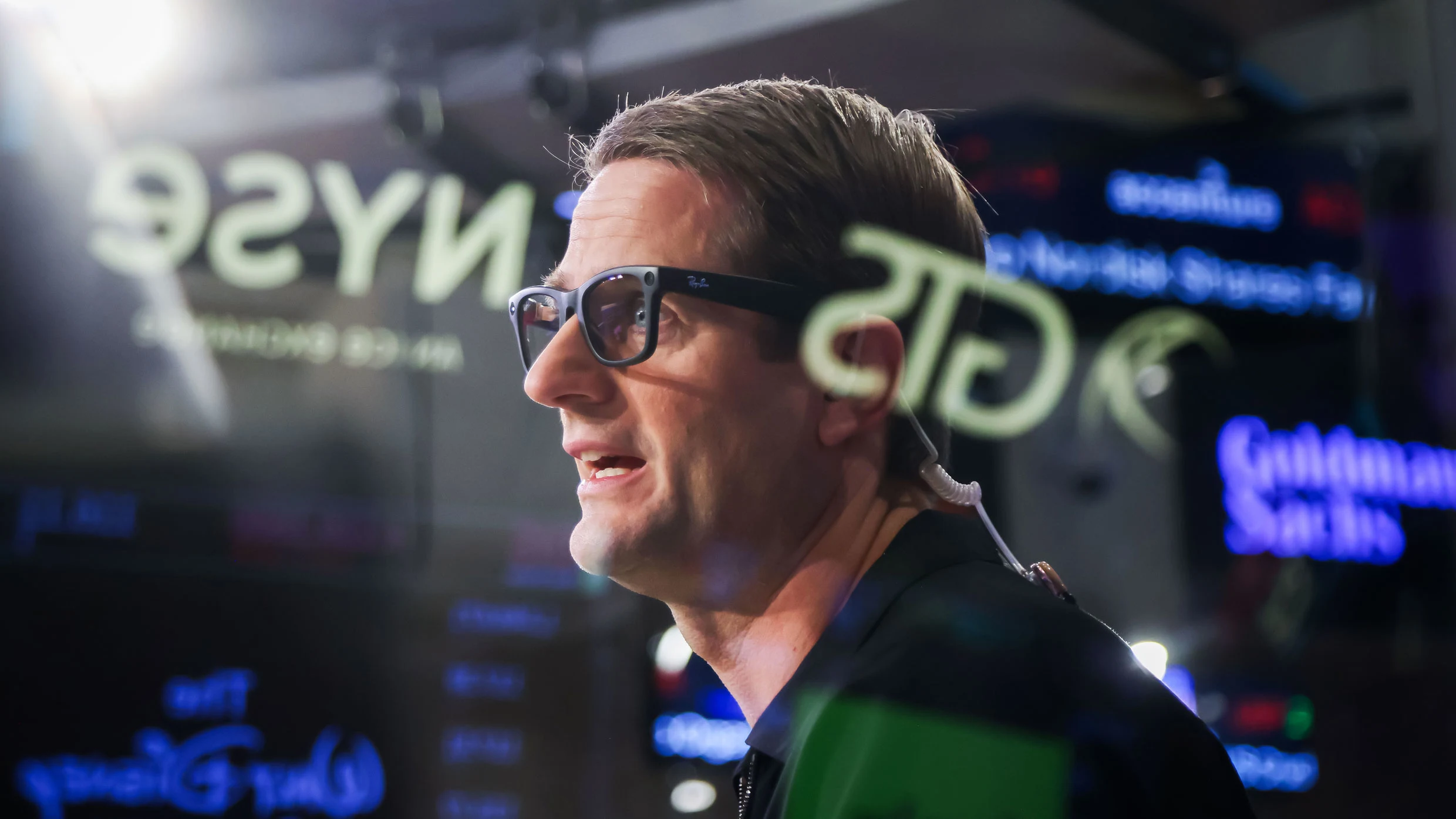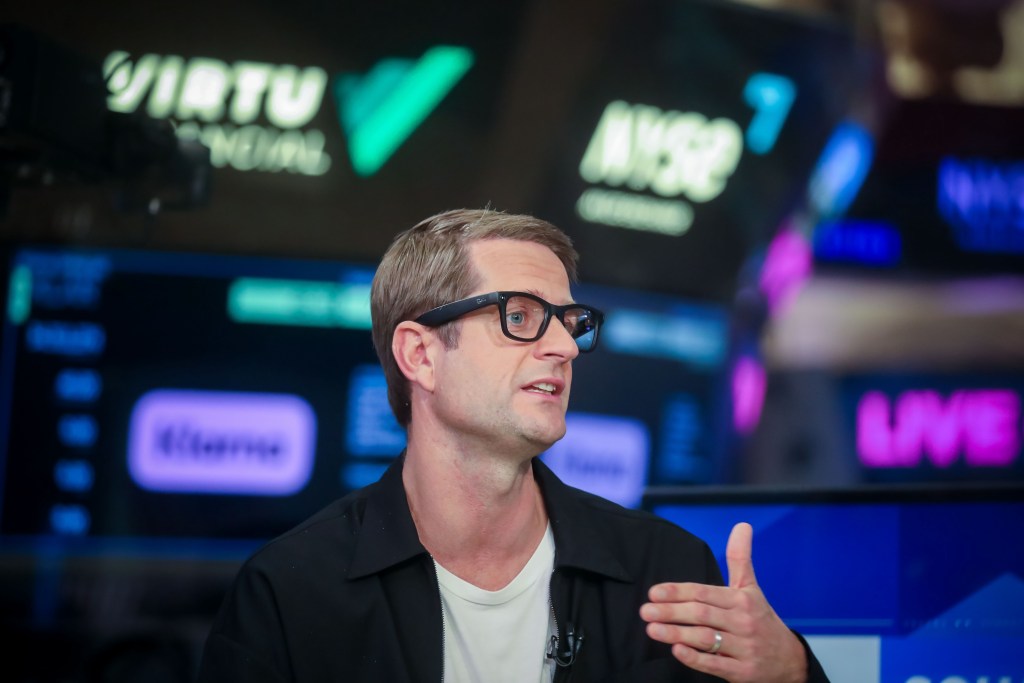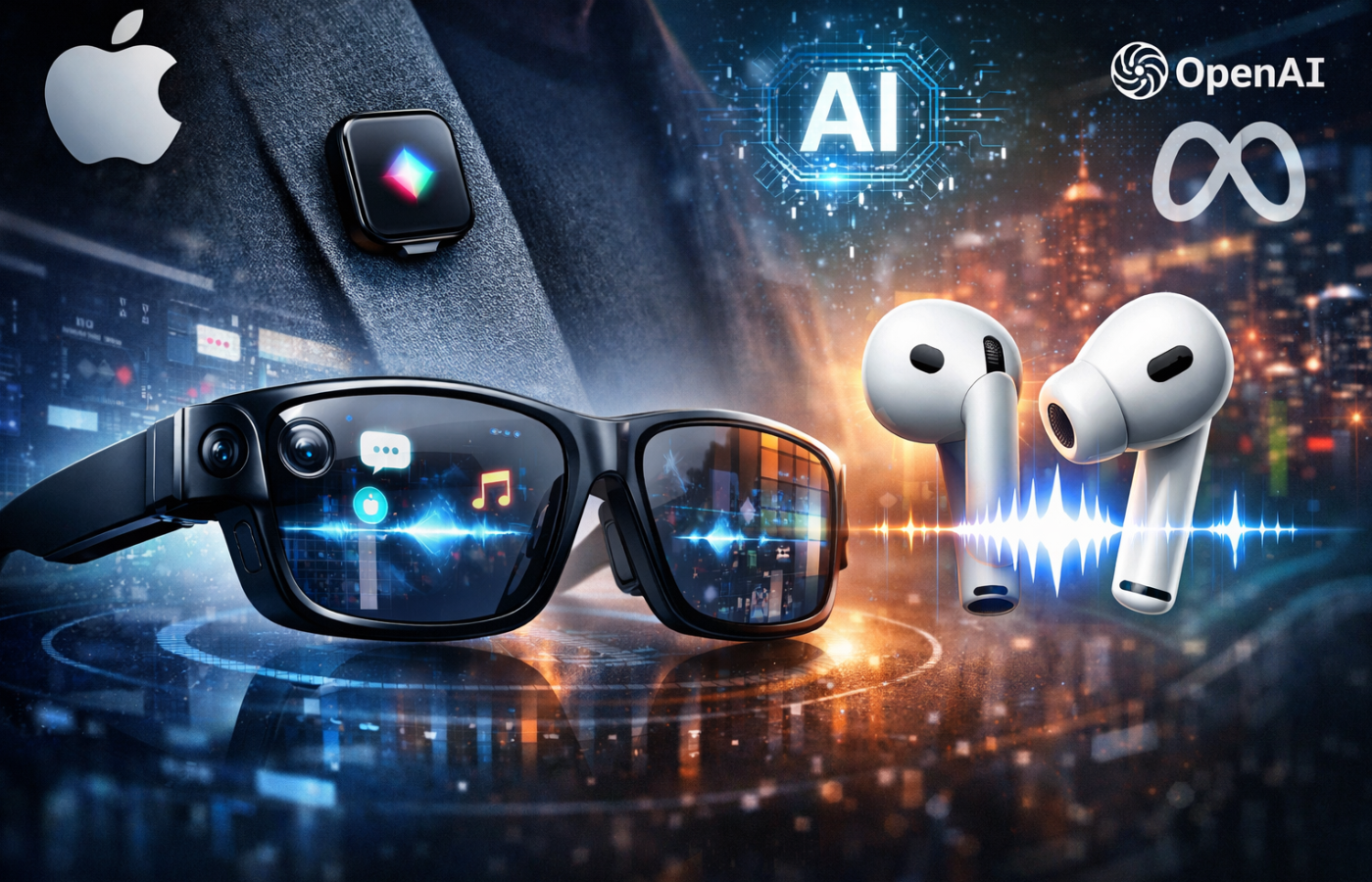Higher education
fromInside Higher Ed | Higher Education News, Events and Jobs
3 minutes agoLabor Watch: St. John's Axes Unions, CSU Strike Pays Off
St. John's University revoked recognition of two faculty unions citing religious exemption, while faculty unions increasingly negotiate AI protections in contracts.





